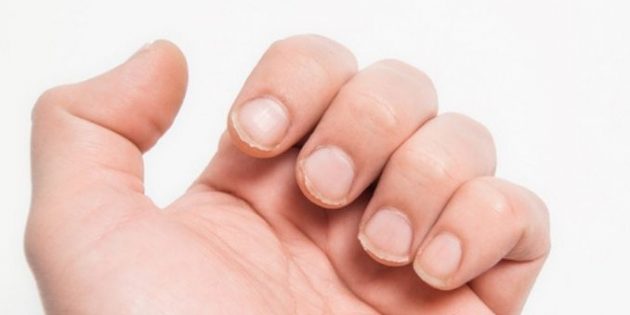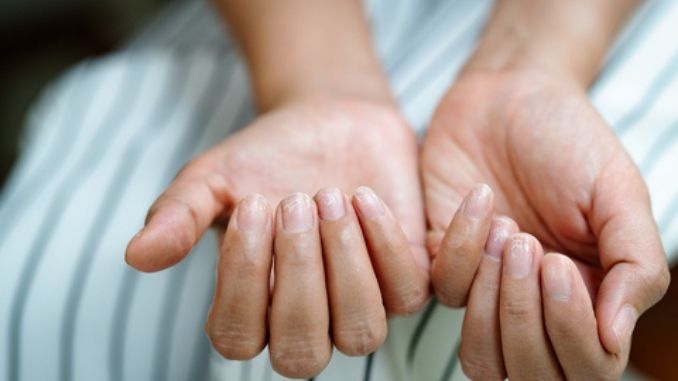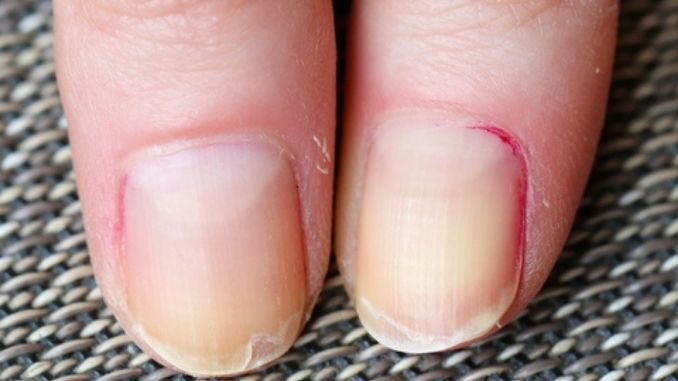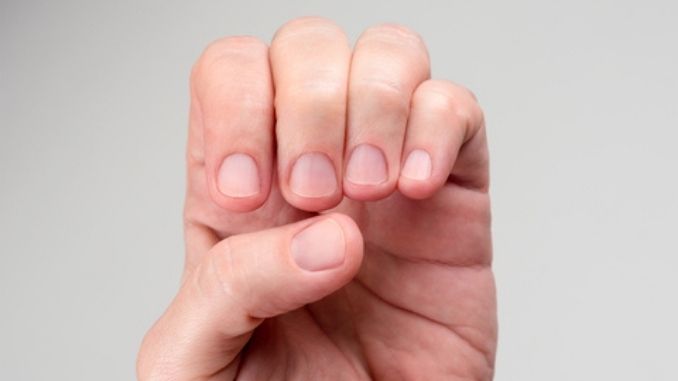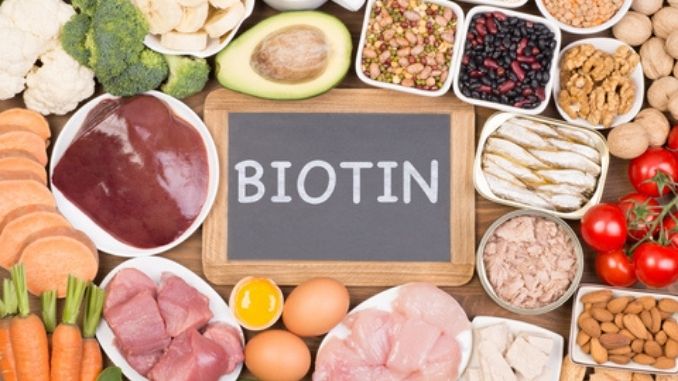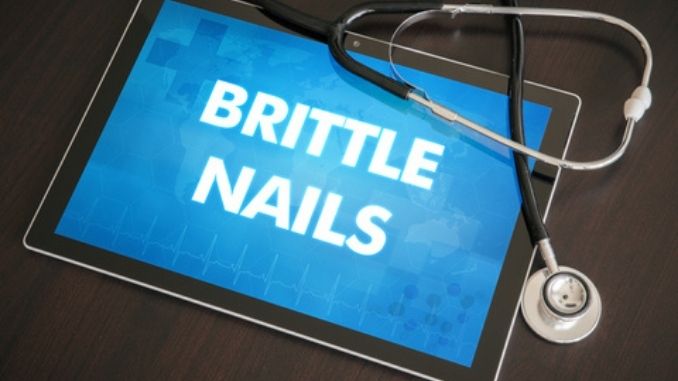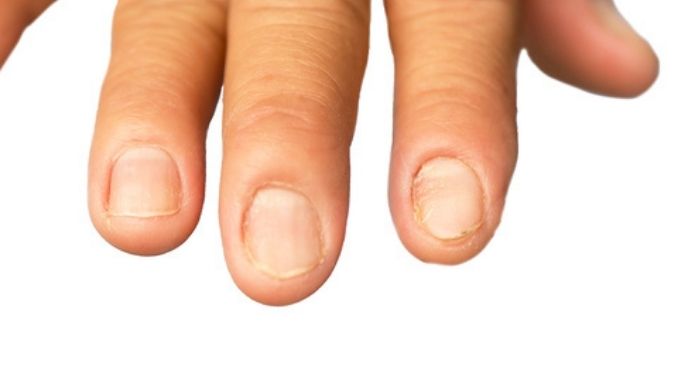Did you know that your nails reveal a lot about your overall health? It’s essential to take notice of any changes in your nails’ color and texture because these imperfections can provide clues regarding your current health status. Your nail color alone can reveal a lot about your liver, lungs, and heart. Discoloration or rippling in your nails can often be an indication of disease.
You had fingernails before you were even born. Your nails are made up of Keratin, the same substance your body uses to create hair and the top layer of your skin. Your nails start as living cells, but the root, a structure beneath the skin found behind the cuticles on your fingers and toes, forms the pin as it cobbles living cells.
Brittle nails, in general, can be classified as brittle (dry) due to too little moisture and brittle (soft) due to too much moisture. Dry, brittle nails are commonly due to repeated washing and drying of your hands, while soft, brittle nails are caused by too much moisture, mainly if you frequently use detergents, household cleaners, and nail polish remover.
You should pay attention to several nail abnormalities if your symptoms worsen over time or are not easily remedied. Some warning signs can include:
- Discoloration (dark or white streaks; changes in nail color)
- Changes in nail shape (curling or clubbing)
- Changes in nail thickness
- Nails that become brittle
- Nails that are pitted
- Bleeding around the nails
- Swelling or redness around your nails
- Pain around your nails
- Nails are separating from your skin
It is important to note that not every symptom listed above indicates a serious health condition. Some of these anomalies can be attributed to common triggers that can quickly be addressed.
Common Causes of Brittle Nails
- Nail Biting: Your saliva, which is supposed to help digest your foods, can also weaken your nails.
- Low Iron Levels: A decreased iron level leads to decreased oxygen in your nails.
- Lack of Vitamin B: Vitamin B is essential for strengthening your nails.
- Overuse of Your Nails: Using your nails instead of the pads of your fingers for tasks like texting, typing, or opening a can of soda can cause your nails to crack and break.
- Use of Alcohol-Based Products: Alcohol can cause your nails to dry out, predisposing them to crack and breakage.
- Aging: As you age, your fingernails can naturally become thinner and brittle, whereas your toenails are the opposite, becoming thicker and more complex. These changes can be attributed to the weakening of the bonds between the keratin filaments in the nails. This is made evident as atrophy takes place in the thinning of the nail plate as it grows slowly.
- Nail Psoriasis: Psoriasis of the nails is caused by the exact autoimmune mechanisms as psoriasis of the skin.
Knowing the underlying causes of brittle nails can help you safeguard yourself from weakening and breakage.
The tips below can help you protect your nails from unnecessary damage.
1. Lessen Water Exposure
Soaking your hands for extended periods may cause your nails to become weak and brittle. Keep your hands out of the water as much as possible when taking a bath. When doing household chores that require your hands to be in contact with water, try wearing gloves.
2. Drink Enough Water
Make sure to get enough water each day to avoid dehydration.
3. Pay Attention to Your Nutrition
Consider eating more foods that help support healthy nails. Be sure to include foods rich in protein, calcium, and biotin in your diet. Foods that improve your nails include fresh fruits, lean meats, nuts, and whole grains. To prevent dry and brittle nails, you should also consume adequate omega-3 fatty acids, like those found in fatty fish, soy, eggs, walnuts, flaxseeds, and chia seeds.
4. Be Mindful of the Nail Products You Use
Please get rid of those nail polish removers that remove nail polish quickly, as they usually contain acetone. Acetone can dry out your nails and make them weaker. As much as possible, avoid using gel or acrylic nails. A layer of nail polish can help protect soft, brittle nails.
5. Keep Your Nails Short
To avoid your nails from breaking, consider keeping your nails trimmed short.
6. Let Your Nails Breathe
If you constantly use nail polish, you may want to give your nails a time out to allow your nails to recuperate.
7. Don’t Overuse Alcohol or Alcohol-Based Products
Alcohol and alcohol-based products like hand sanitizers can be the kiss of death for your nails. They may do their job to disinfect your hands but can be incredibly harsh on your nails. An alternative is to use sanitizing wipes to avoid your nail area.
8. Slather on Some Moisturizer
Use hand creams or lotions to keep your nails moisturized.
9. File in One Direction
Filing your fingernails with a soft nail file (in one direction) can prevent the risk of tears that lead to peeling and hangnails.
10. Eat Biotin-Rich Foods or Take Supplements
Biotin is a B complex vitamin, also known as Vitamin B7. It is vital in keeping your skin, hair, eyes, liver, and nervous system healthy. It also fosters healthy cell growth.
If you continue to have brittle nails after taking the steps above, it might be time to consult with your doctor to rule out any underlying health conditions. During that meeting, your doctor might discuss:
Hypothyroidism
Low thyroid levels can lead to different symptoms, such as fatigue, brittle nails, dry skin, weight gain, constipation, and aches and pain. Further testing will be required to diagnose a thyroid issue officially.
Anemia is a blood disorder characterized by a lack of the healthy red blood cells needed to deliver adequate amounts of oxygen to your tissues. Anemia can trigger vertical ridges and changes to your nails, making them concave or spoon-shaped. Other symptoms of anemia can include pale skin, shortness of breath, chest pain, a fast or irregular heartbeat, and light-headedness. Anemia is diagnosed through a complete blood count or CBC.
Raynaud’s Syndrome
Raynaud’s Syndrome is usually triggered by cold temperatures, anxiety, or stress. It can cause discoloration of your fingers due to the temporary vasospasm of blood vessels. It can also affect the toes and other areas. With Raynaud’s Syndrome, your nails can become brittle with longitudinal ridges.
Cancer Treatment
Although the effects can sometimes be temporary, it is essential to note that chemotherapy or targeted therapy can cause your nails to become dark and brittle. So, if you are about to undergo chemotherapy, ask what skin and nail-related side effects are typical for the type of treatment you’ll be receiving.
Brittle nails indicate something as simple as a Vitamin B complex, calcium, or fatty acids deficiency. Still, they can also manifest an underlying medical condition, such as hypothyroidism or an iron deficiency. While there are many things you can do to better care for your nails, it is essential to take notice of any significant changes that can’t easily be explained or remedied. Your nails say a lot about your health, so dry, brittle nails should not be ignored. If you have concerns, it is best to consult your doctor for an accurate diagnosis.
Discover the best way to slim and heal your body naturally! Click here to learn more.
